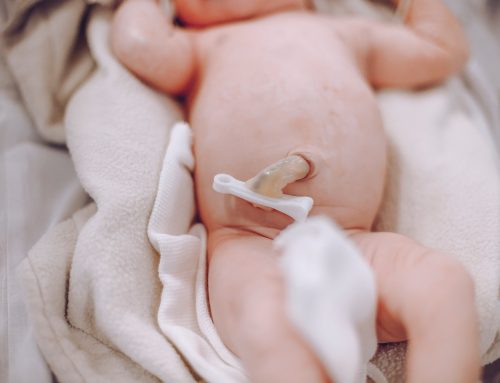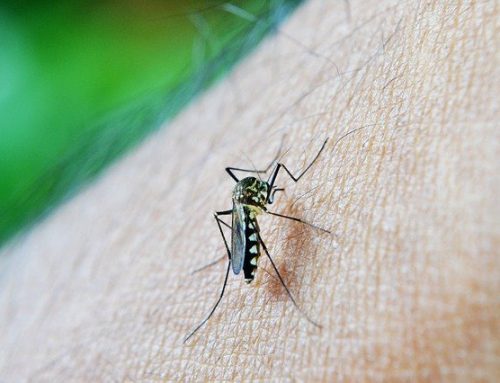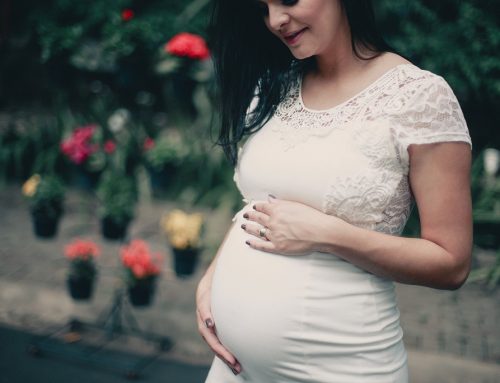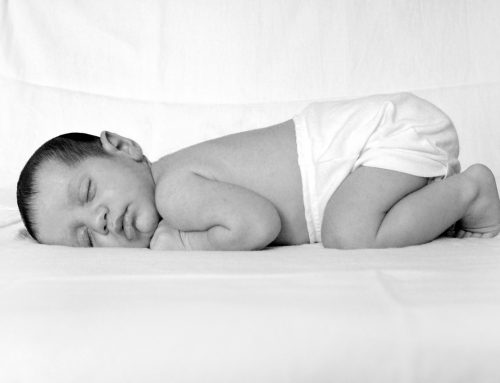The nine months of pregnancy is a bitter-sweet toil with rich rewards and lifelong dividends. Motherhood opens up a new chapter in every woman’s life. It brings about many significant changes and some not so pleasant changes in her life. One such unpleasant change, albeit a temporary one is, hair fall after delivery!
It is entirely normal if you have hair fall after delivery. Its a temporary phase and it will pass. Read on to know more about hair fall after delivery.
Hair fall is not hair loss
“Mera koi kabhi ek baal bhi bnaaka nahi kar payega!” This popular Bollywood adage quite literally betrays women after childbirth. Many new moms grapple with hair fall among other hormone-led physical and emotional changes.
Hair fall in a healthy adult
Human hair grows in cycles of different phases. About 90% of hair follicles on the scalp are in the growth phase (Anagen), and around 10% are in the resting phase (Telogen) [1]. At the end of their resting phase, the hair strands fall. So for a healthy adult scalp with around one lakh hair follicles, daily losing up to 50-100 hair strands is completely normal.
Hair fall post delivery

Image source: https://unsplash.com/photos/Sw1tmhdkcbw
During pregnancy Estrogen levels increase in a woman’s body. Increased Estrogen levels facilitate development and growth of the fetus, stimulate the development of milk duct system, etc.. It also brings about a hairy windfall! Higher estrogen levels prolong the growth phase of hair follicles. Thus lesser hair is in the resting phase and hence almost negligible hair fall during pregnancy 🙂 [2].
Post delivery, the estrogen levels plummet (which aids lactation) and continue to remain low for few months. Lowered estrogen results in more hair follicles in the resting phase. Hence at the end of this resting period, which is about 10-12 weeks, more hair strands are shed. This ‘postpartum shedding’ usually occurs around 3 months after delivery. But it can start anywhere between 1-6 months postpartum.
Hairfall after delivery is not a permanent hair loss
Women can shed more than 200-300 strands of hair daily post-delivery. This amount of hair fall is normal, but it usually sends a panic wave in new mothers. Especially since during pregnancy, most of them experienced luxuriant hair growth with minimum hair-fall!
Please remember the following about hair fall after pregnancy:
- Increased hair fall after delivery is a temporary phase
- Hair fall after delivery self-resolves usually within 6-12 after childbirth
- Hair fall after delivery is not a precursor for balding or hair thinning
- Reduced sleep due to infant care does not usually affect hair fall
- Breastfeeding does not trigger postpartum hair fall [3]
So don’t lose your mind if you have dramatic hair fall after delivery! Such hair fall condition typically lasts for 6-12 months postpartum. After which your hair loss and hair growth reset to the pre-pregnancy rate.
Don’t let hair fall post delivery affect your life
Post delivery hair fall impacts many women. But some are lucky not to have it. Both cases are normal. If you have hair fall postpartum, try not to panic. Many women recoil at the thought of potential hair thinning and baldness post delivery. Some literally add to their sleepless hours over it. That warm and fuzzy feeling of having attained motherhood turns into a heart-wrenching nightmare for many moms. As a result, Many times, the little miracle in a mother’s lap becomes the unsuspecting victim of her frustration.
Tips to get over the hair fall phase after delivery
Since hair fall after delivery is normal, there is no treatment per se to reduce the hair fall or to prevent hair fall after delivery. It’s a temporary phase observed in many (but not all) mothers postpartum. But you can get over the phase by following some simple tips:
- Eat a healthy, balanced diet to promote hair growth
- Get a new hair cut which gives an appearance of fullness [4]
- Clean/wash your hair regularly with a mild shampoo
- Massage your scalp regularly
- Avoid harsh chemicals or heat treatments on your hair
- Avoid hair accessories or hairstyles that stresses or pulls hair
- Include stress bursting activity in your routine to reduce stress and maintain positivity
Also, be patient and keep reminding yourself that “This too shall pass”!
Traditional postpartum practices to promote hair growth
Following traditional postpartum practices helped promote hair growth:
- A balanced diet rich in proteins, irons and micro-nutrients
- Regular scalp massage with oil
Traditional postnatal Indian diet promotes consuming protein sources like milk, curd, lentils, grains, rice, millets, etc.; iron sources like leafy vegetables, millets, methi seeds etc.; sources of micronutrients like aliv, methi seeds, edible gum, dry fruits, seasonal fruits and vegetables etc.. Such a balanced diet helps in nourishment and growth of hair.
Another traditional Indian postpartum practice of full body massage including hair/scalp massage helps to improve blood supply and promote hair growth. Usually, sesame or coconut oil was used for scalp massage ( sometimes mixed with herbs).
Note: These traditional practices do not prevent or cure hair fall after delivery but they do promote hair growth.
When hair fall after delivery is not normal
Usually hair fall after delivery slows down to your pre-pregnancy hair fall rate by 6-12 months postpartum. If the hair fall does not slow down beyond 6-12 months, it may be caused by a health issue. Or even during 6-12 months postpartum if you feel that hair fall is way beyond the norm, consult your GYN/Physician.
Conclusion
In pregnancy and motherhood, a woman discovers the strengths and beauty that she didn’t know she possessed. However many women experience undesirable hair fall after pregnancy. The following points, discussed above, should help to keep hair fall worries at bay:
- Dramatic hair fall post delivery is totally normal and a short-term phase
- Hair fall usually start at 3 months postpartum & slows by 6-12 months postpartum
- No preventive or curative solution for post pregnancy hair fall is required
- Tackle hair fall with patience, healthy eating and simple ways to promote hair growth
- Your hair usually goes back to pre-pregnancy growth after ‘postpartum shedding’
- Visit a doctor if hair fall is above the norm or does not slow by 12 months postpartum





Worth a read new mommies…
Especially to the ones who are facing post partum depression, I assume hairfall adds on to the problem..
This will help u ease ur mental health by showing u right path and helping u calm down that the hairfall is not forever and u will regain it…yayyy!! ?
Thanks Arushi 🙂